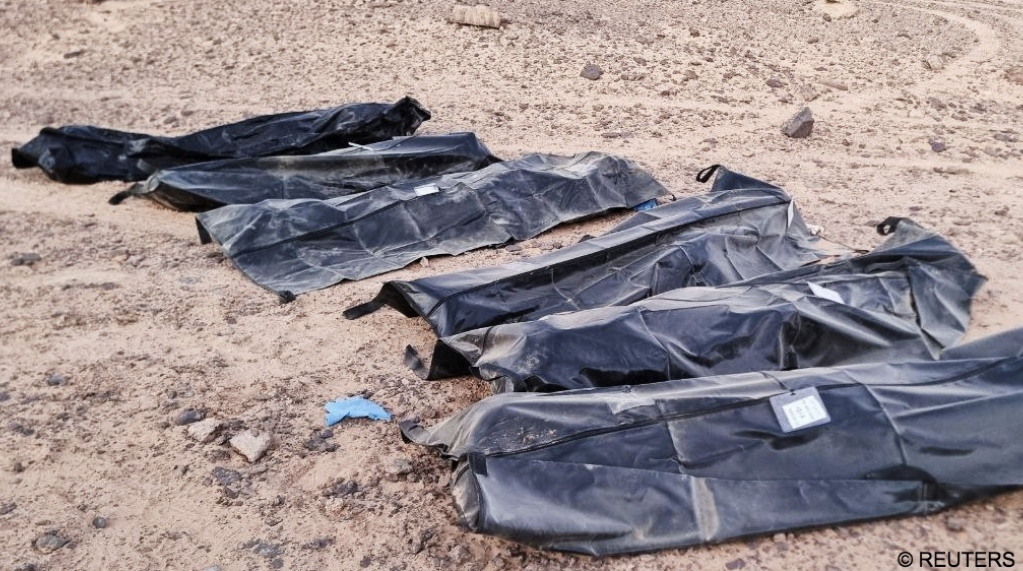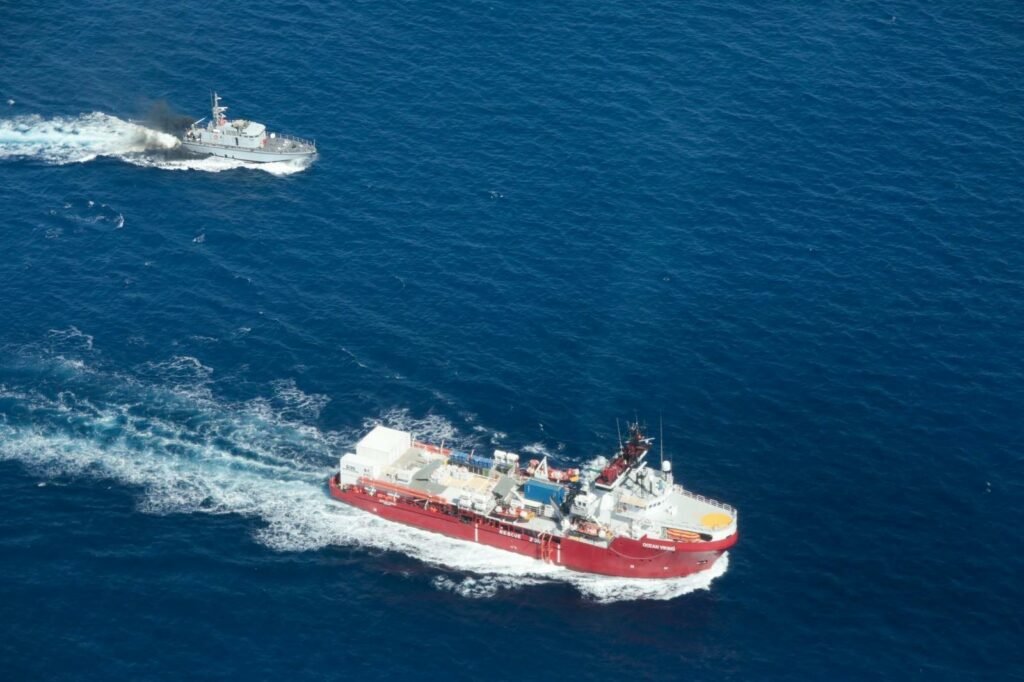Libyan officials have reported that more than 100 migrants were freed from captivity after being held by a gang in the country's east. Five suspects believed to be members of a gang involved in smuggling and trafficking migrants were arrested. The group is accused of holding the migrants captive and torturing them to force their relatives to pay a ransom in exchange for their freedom.
More than 100 migrants, including five women, have been released after being held for ransom by a gang allegedly involved in the smuggling of migrants in eastern Libya, Reuters reported on Monday (July 14).
The captives had been held in Ajdabiya, some 160 kilometers (100 miles) from Libya's capital city, Benghazi. Five suspected traffickers from Libya, Sudan, and Egypt have been arrested.
A statement on the official Facebook page of the Libyan Attorney General said that the arrested gang members organized the smuggling and trading of migrants, held them captive, and tortured them to force their relatives to pay a ransom in exchange for their freedom.
The government also released photos of the reported hostages, one of which shows a person, face down on the ground, hog-tied, showing signs that they had been physically beaten. The photos were reportedly retrieved from the suspects’ mobile phones.
Migrant route and mass gravesite
Libya is a popular launch pad for people in Africa attempting to enter Europe by crossing the Mediterranean. Meanwhile, the Libyan Desert has become a main corridor for smuggling people on the move across borders. Stretching from the northeastern portion of the Sahara and extending from eastern Libya through southwestern Egypt into the far northwest of Sudan, the desert has also become a site for the discovery of mass graves.
In February, the United Nations confirmed that at least 93 bodies were recovered from mass graves in the desert area north of Kufra City. The discovery followed a raid on suspected human trafficking sites, where dozens of captives were reportedly freed and suspects were arrested.

An analysis of key transit points in Libya indicates that Kufra is a pivotal launchpad for the "cross-border movement of goods and people".
The latest figures from the United Nations, as of July 1, indicate that there are 93,594 registered refugees and asylum seekers in Libya. An overwhelming number of the asylum seekers are from Sudan, followed by Eritrea and Syria.
Read AlsoLibya: UN confirms 93 bodies exhumed from mass graves
Controversial relationship with the EU
As both a transit and destination point, the European Union has partnered with Libya to patrol its maritime borders. The European Union has allocated about 65 million euros to Libya for protection and border management.

The collaboration with Libya has been heavily criticized by human rights and civil society organizations. Human rights violations against migrants have been extensively documented by fact-finding bodies, including the UN's Independent Fact-Finding Mission and other bodies.
Following the discovery of mass grave sites earlier this year, more than 20 civil society organizations called for an EU-Libya migration funding freeze.
"Funding should instead be used to save lives and to provide alternatives to dangerous journeys by ensuring safe routes for people to escape Libya," read the statement.
Last week, EU Commissioner for migration, Magnus Brunner, together with officials from Greece, Italy and Malta visited both east and west Libya for high-level discussions about strengthening migration controls and reducing the number of sea crossings towards Europe. Human rights organizations such as Amnesty International slammed the visit as "morally bankrupt".
Read AlsoEU Commissioner visits Libya in search of stronger migration controls
